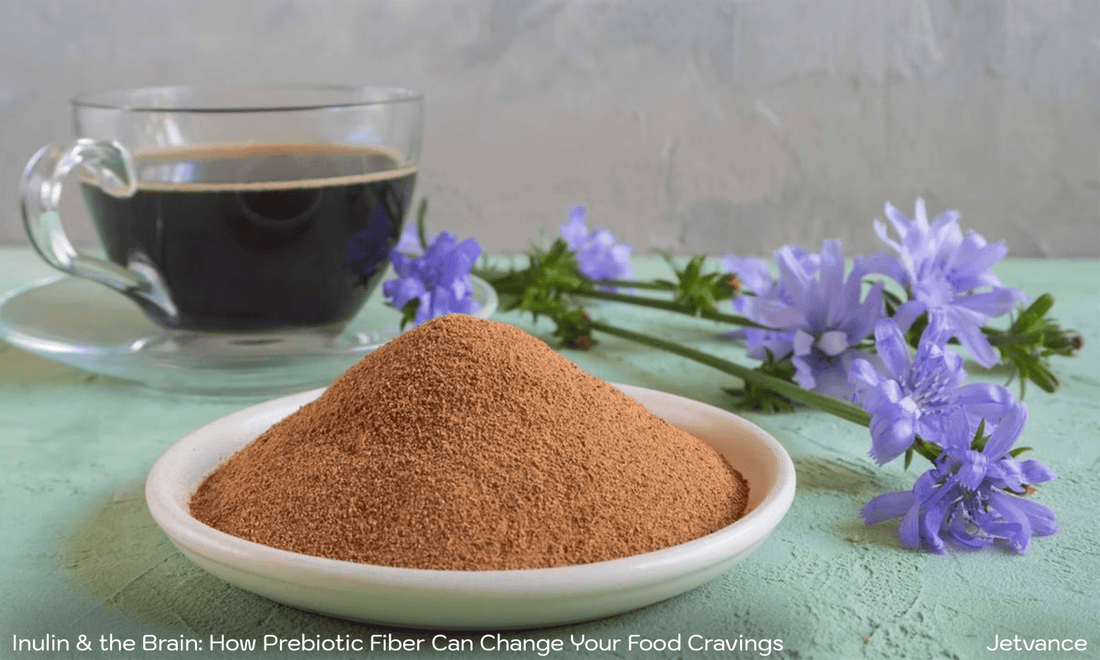
Inulin & the Brain: How Prebiotic Fiber Can Change Your Food Cravings
Share
It sounds surprising, but a prebiotic fiber supplement may actually affect your brain. A trial from the University of Leipzig had 59 overweight adults consume 30 g/day of inulin for two weeks. Functional MRI scans showed reduced brain reward-center activation when viewing high-calorie foods nypost.comeatingwell.com. Beyond weight, these shifts suggest potential to reduce cravings and improve food-related decision‑making.
Concurrently, participants’ gut microbiota changed in positive ways. Notably, there was an increase in short-chain fatty acids like acetate and butyrate, known for anti-inflammatory and metabolic regulation properties medicine.net+2eatingwell.com+2sciencedirect.com+2.
Why does this matter? It supports the increasingly supported concept that the gut-brain axis influences not only digestion, but cognition and behavior. If you're trying to curb impulsive eating, a good source of prebiotics like inulin-rich foods or supplements may literally reduce the temptation signal in your brain.
Simple sources include:
Foods: chicory root, Jerusalem artichokes, onions, garlic, leeks, asparagus
Supplement: Specialized inulin powder (up to 10 g/day to start)
Start with moderate intake to avoid gas or bloating. Then, pay attention to portion control and satisfaction levels over the following days. As the gut flora shifts, your cravings may shift too without requiring sheer willpower alone.

